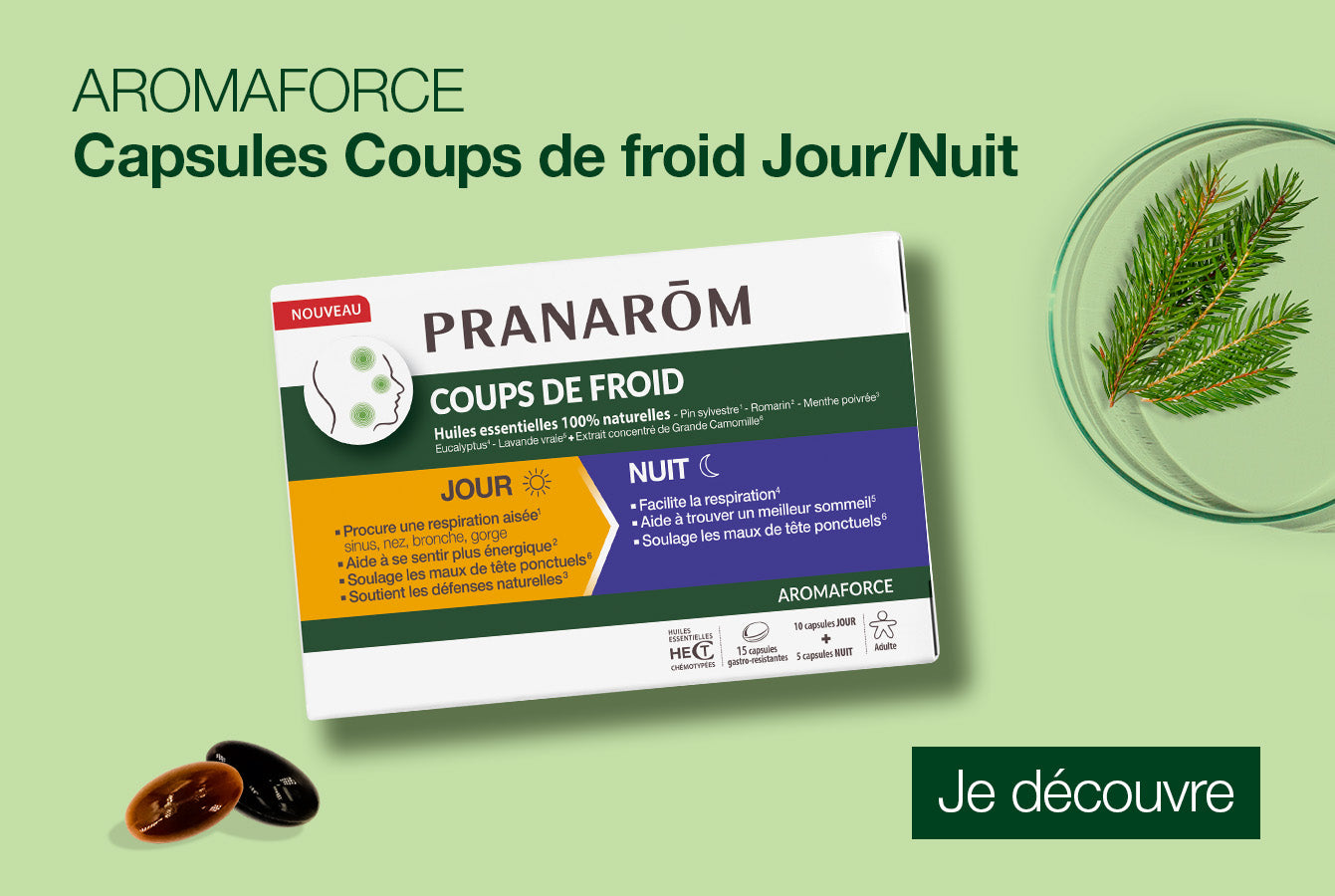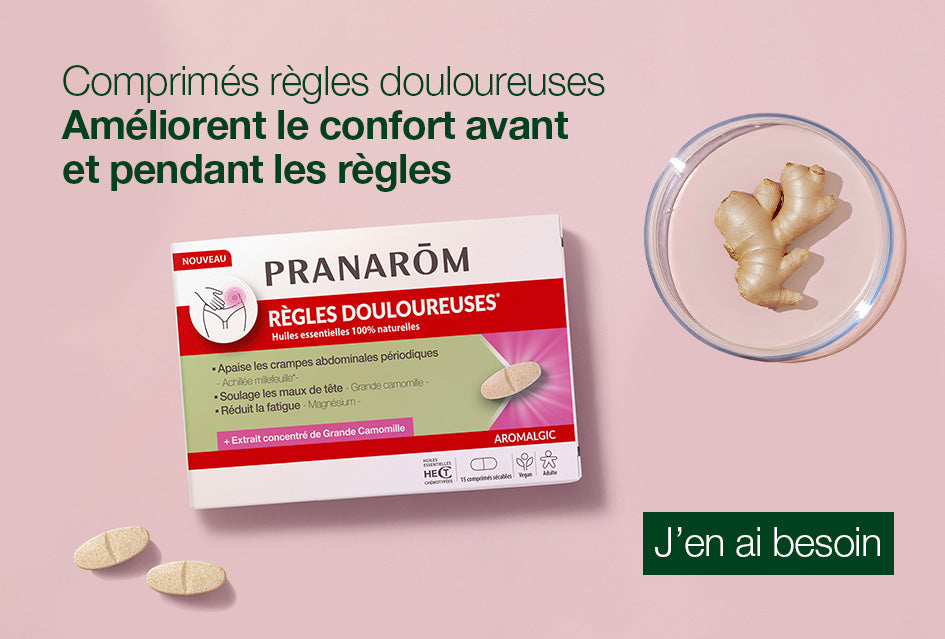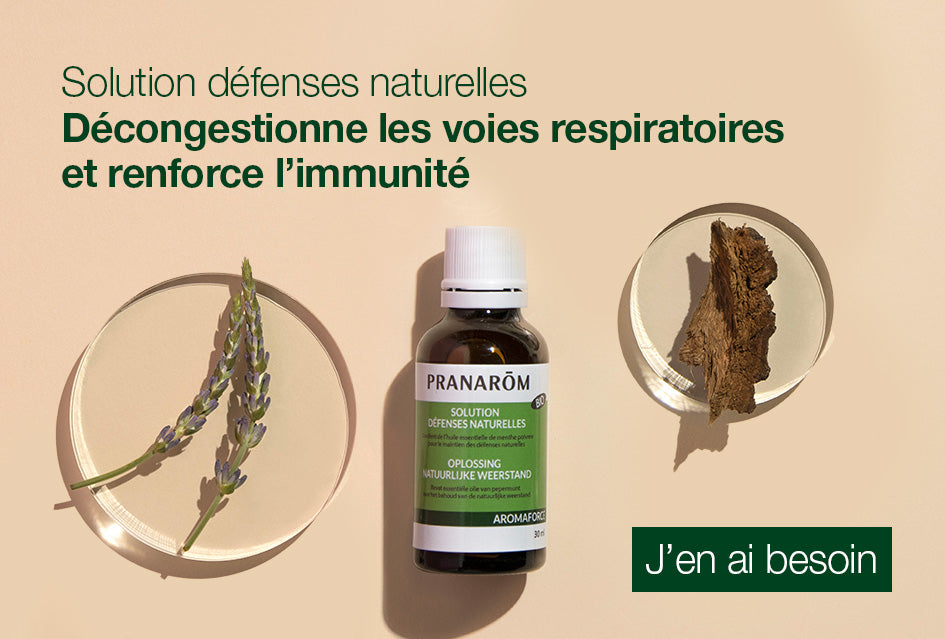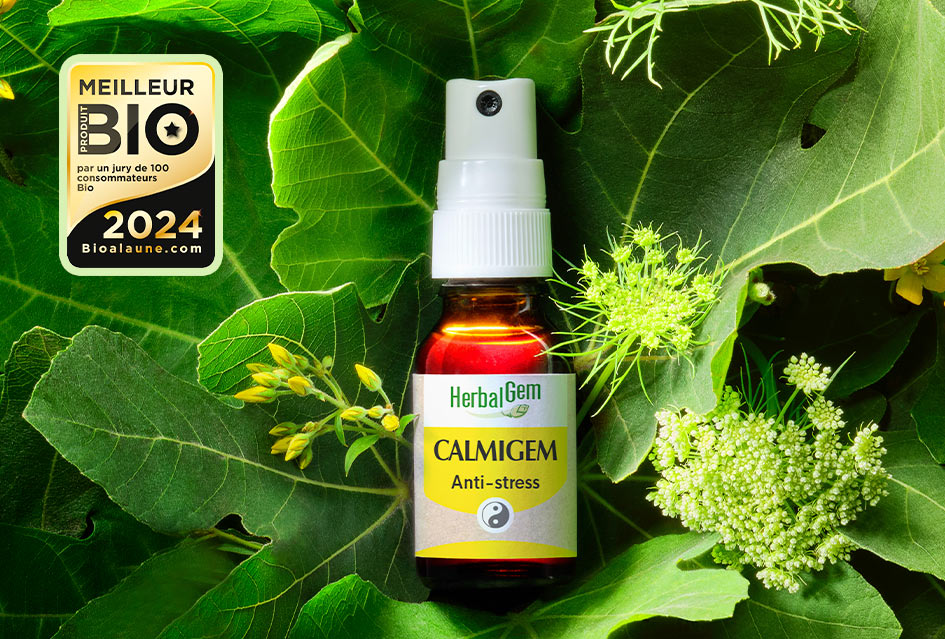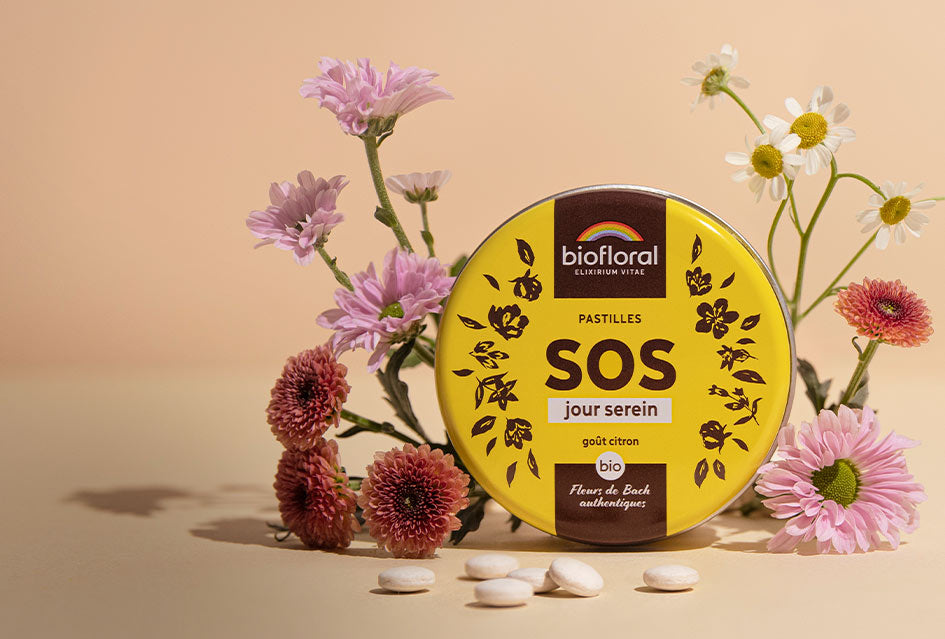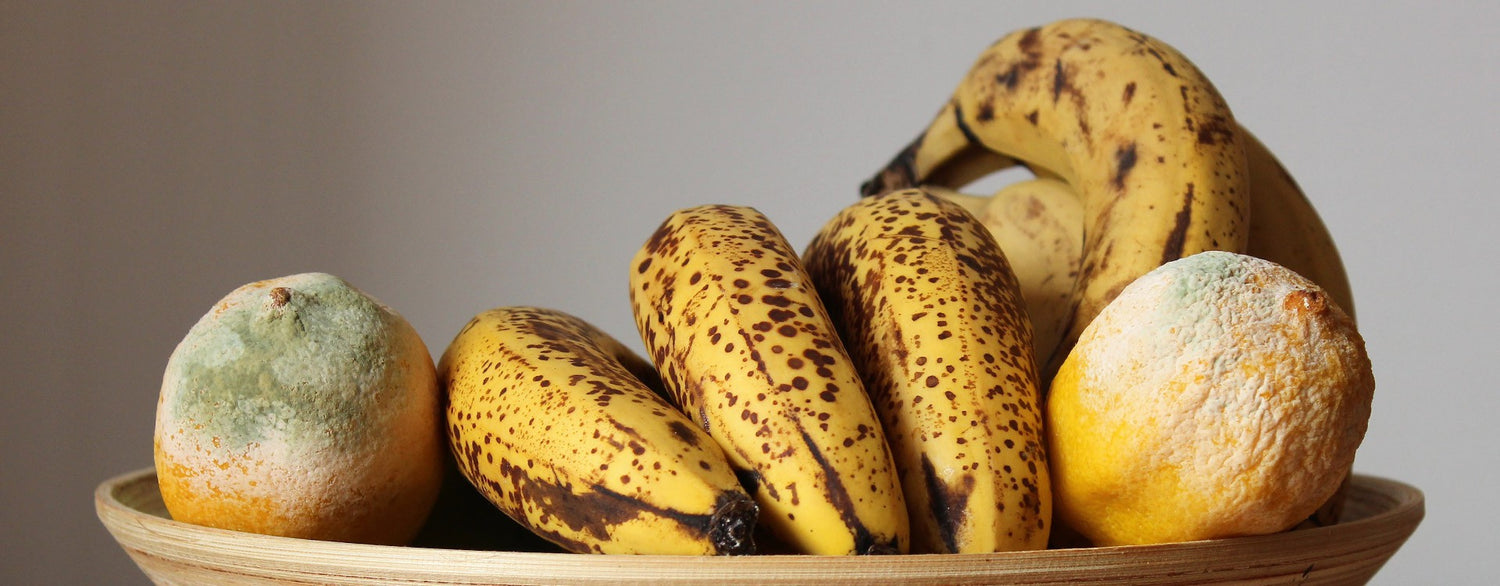Citrus and bananas represent the two economically important fruit crops worldwide. The most important causes of post-harvest losses of these fruits are blue mold caused by Penicillium italicum and green mold caused by Penicillium digitatum for citrus, and anthracnose disease caused by Colletotrichum musea for bananas. To cope with these diseases, treatment with chemical fungicides during the conditioning process has long been used.
Nowadays, such a treatment is challenged because of the following reasons:
- High level of chemical fungicide residues in food products
- Chemical fungicides toxicity and risk for human health and for the environment,
- Development of pathogens populations resistant to chemical fungicides,
- Restriction or ban on use of a number of chemical fungicides by the legislation.
This has motivated the search for alternative approaches. Essential Oils (EOs) extracted from aromatic plants are known for their antifungal effects and could thus be used against plant pests. The present work was therefore undertaken to study the effect of ten Eos on the in vitro growth of P. italicum, P.digitatum and C. musea.


